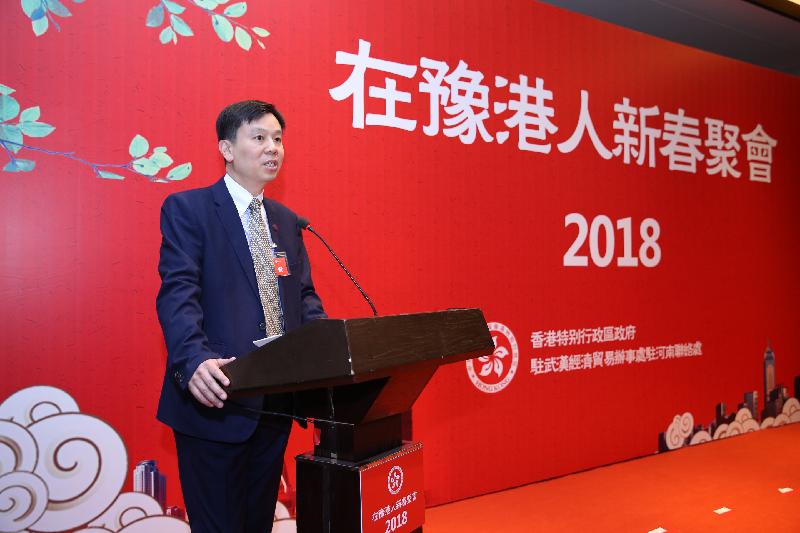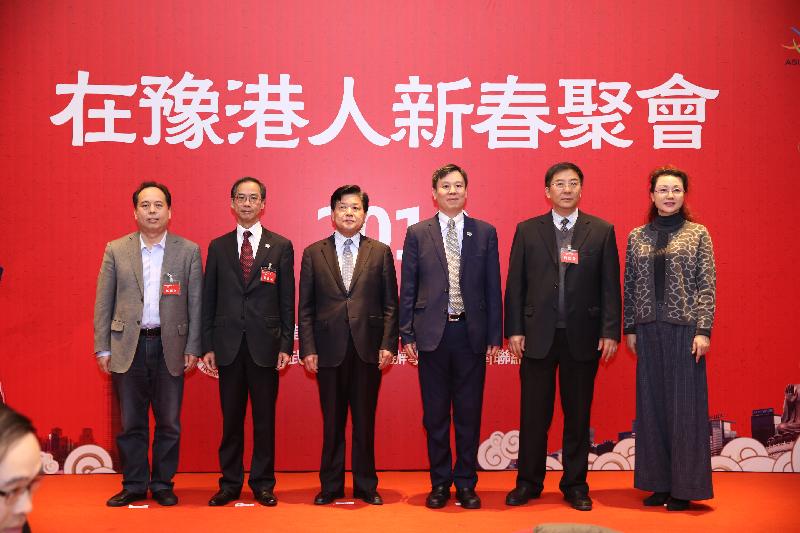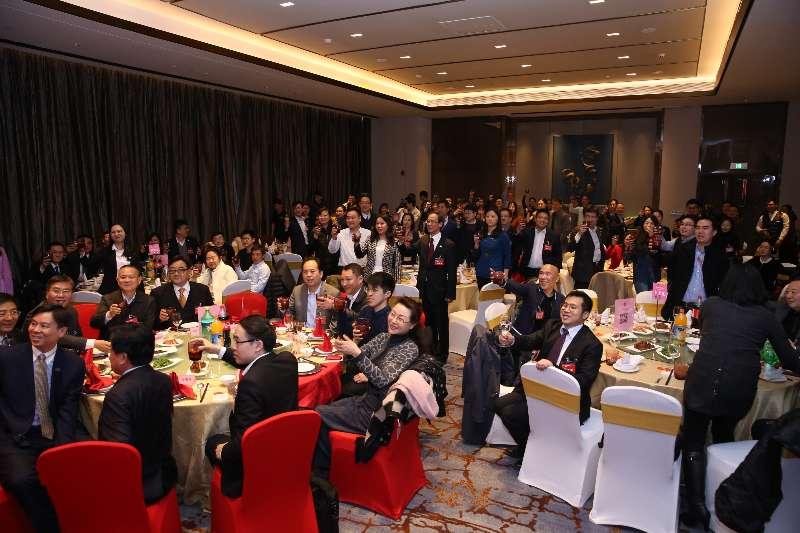Invitation letter by President Donald Tusk to the members of the European Council ahead of their meetings on 22 and 23 March 2018
Press contacts
- Preben Aamann
- +32 2 281 51 50
- +32 476 85 05 43
At the upcoming spring European Council we will focus on trade and the planned US tariffs, the economic situation in the EU, digital taxation as well as Turkey and Russia. Additionally, we will discuss Brexit at 27 and the euro area reforms in the Euro Summit formation of 19 Leaders.
First we will discuss trade. On this issue, we stand by the European Commission, which is currently holding talks with our American friends on how to exempt the EU from the planned steel and aluminium tariffs. We must prepare for all possible scenarios. As the world’s biggest trading power, the EU’s response will be responsible and reasonable. Free and fair trade has created millions of jobs in Europe, and elsewhere, contributing to peace and stability all around the world. As Montesquieu put it, ‘the natural effect of trade is to further peace’. Therefore, we will always want more trade, not less. Hence our recent trade deals with Canada, Japan, Singapore and Vietnam, the ongoing talks with Mercosur and Mexico, and planned trade discussions with Australia and New Zealand.
When the US raised tariffs in 1930, which applied to 1/3 of our trade, it led to a global trade war. The tariffs currently proposed, if implemented, would affect around 1,5% of transatlantic trade. I bring these numbers up not to diminish the need for a suitable, WTO-compatible response – indeed, such a response would be inevitable given the number of potentially affected jobs in Europe. But I do this to demonstrate the broader perspective. Transatlantic relations are a cornerstone of the security and prosperity of both the United States and the European Union. Given the importance of this relationship, we should continue to engage with the US in order to strengthen the transatlantic economic relationship, not weaken it. Despite seasonal turbulences.
When it comes to Brexit, we will discuss how to approach the rest of the negotiations with the UK, including on our future relationship. I want us to have a broad debate on our negotiating strategy. In this context I will ask you to adopt a first set of guidelines on the future relationship with the UK. Additionally, yesterday our negotiators reached a solution on parts of the withdrawal agreement. Whether all 27 Member States can welcome this at the European Council remains open. I still need a couple more hours to consult with some of the most concerned Member States. To me, one thing is clear. We have achieved success when it comes to citizens’ rights and the financial settlement. As I have stated from the very beginning of these negotiations, defending the rights of our citizens will be the number one priority for the EU. And we have made it. European citizens will be fully protected from the consequences of Brexit. This also means that our citizens crossing the Channel in this period will not get worse treatment than those who did so before. This is good news for all Europeans. As regards the most contentious issue, namely Ireland, Prime Minister May has reassured me that she accepts all options agreed in December to be on the negotiating table. Including the option of full regulatory alignment between Ireland and Northern Ireland if there is no other possibility to avoid a hard border. This bodes well for the rest of the negotiations.
Last but not least, on Russia. Following the Salisbury attack we should not only express our full solidarity with the UK but also draw operational conclusions, as this incident poses a challenge to our shared security. I therefore propose we strengthen our resilience to Chemical Biological Radiological and Nuclear-related risks, including through closer cooperation among the EU institutions, our States and NATO. We should also continue to bolster our capabilities to address hybrid threats, including in the areas of cyber, strategic communication and counter-intelligence.
As for the meeting agenda: after our traditional exchange of views with European Parliament President Tajani at 15.00 on Thursday, Prime Minister Borissov will give us an overview of progress in implementing our previous conclusions, including ongoing work on the reform of the Common European Asylum System. Then we will have a full discussion on trade and adopt relevant conclusions. We will also adopt the decision appointing the Vice-President of the ECB. Following that, European Central Bank President Draghi will join us for an exchange on the current economic situation in the EU and we will adopt conclusions in this domain. Finally, before we break for our press conferences, I will invite Eurogroup President Centeno to inform us on the ongoing work in the Eurogroup on the Banking Union.
Over dinner I hope to have an open and frank political debate on taxation, on the basis of the enclosed Leaders’ note and without written conclusions at this stage. Following from the discussion we had at our informal meeting in February, we will also review recent developments with Turkey, with a view to the high-level meeting scheduled to take place in Varna on 26 March. At the end of our dinner we will adopt conclusions following the Salisbury attack.
On Friday, we will reconvene at 27 to review progress on negotiations with the UK and adopt guidelines on the framework for our future relationship. Finally, the Leaders of the euro area Member States will have an open debate on the long-term development of our Economic and Monetary Union, based on the other Leaders’ note. Our meeting should end before lunch.


